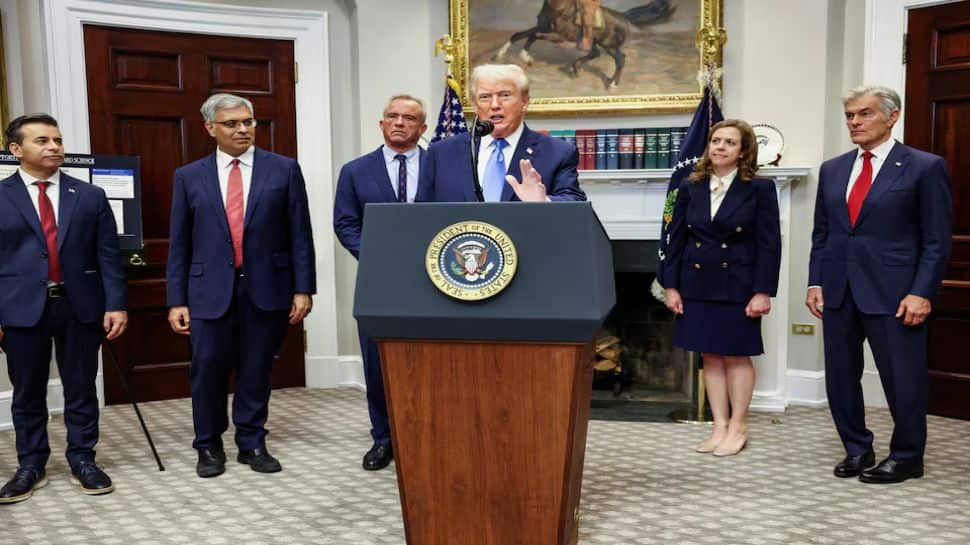Washington: Donald Trump dropped a bombshell this week. The US president stood at a news conference and warned pregnant women against paracetamol. He linked the drug and vaccines to autism. The claim rattled the medical world.
The World Health Organisation fired back on Wednesday. “There is currently no conclusive scientific evidence that paracetamol during pregnancy causes autism,” it declared.
The agency added large-scale studies had been carried out for decades, and no consistent association was found.
It urged women to trust doctors. “WHO recommends that all women continue to follow advice of their doctors or health workers, who can help assess individual circumstances and recommend necessary medicines,” the organisation added.
Trump doubled down. “I want to say it like it is, don’t take Tylenol. Don’t take it,” he said, using the brand name for paracetamol in the United States.
He then turned on vaccines. “Other things that we recommend, or certainly I do anyway, is … don’t let them pump your baby up with the largest pile of stuff you have ever seen in your life,” he advised.
The president’s team floated a treatment. They suggested leucovorin, a form of vitamin B9. They pitched it as a remedy for autism symptoms.
Medical experts were alarmed. The Coalition of Autism Scientists condemned the statements. “The data cited do not support the claim that Tylenol causes autism and leucovorin is a cure. It only stoke fear and falsely suggest hope when there is no simple answer,” it said in a strongly-worded statement.
Trump had not stood alone. Health Secretary Robert F Kennedy Jr, a fierce vaccine critic, stood beside him. Together they called for a re-examination of the vaccine-autism link. That link has been discredited for years. Scientists around the world have dismantled it.
The backlash grew. Tylenol maker Kenvue too issued a rebuke. “We believe independent, sound science clearly shows that taking acetaminophen does not cause autism. We strongly disagree with any suggestion otherwise and are deeply concerned with the health risk this poses for expecting mothers and parents,” the company said.
Britain’s National Health Service also entered the fray. The NHS issued its own warning. It pointed directly to Trump’s statements. The service stressed again that “there is no robust evidence to support this claim”.
Trump’s comments shook health circles. Experts warned of confusion among parents. WHO called it dangerous misinformation. The debate is now global.

